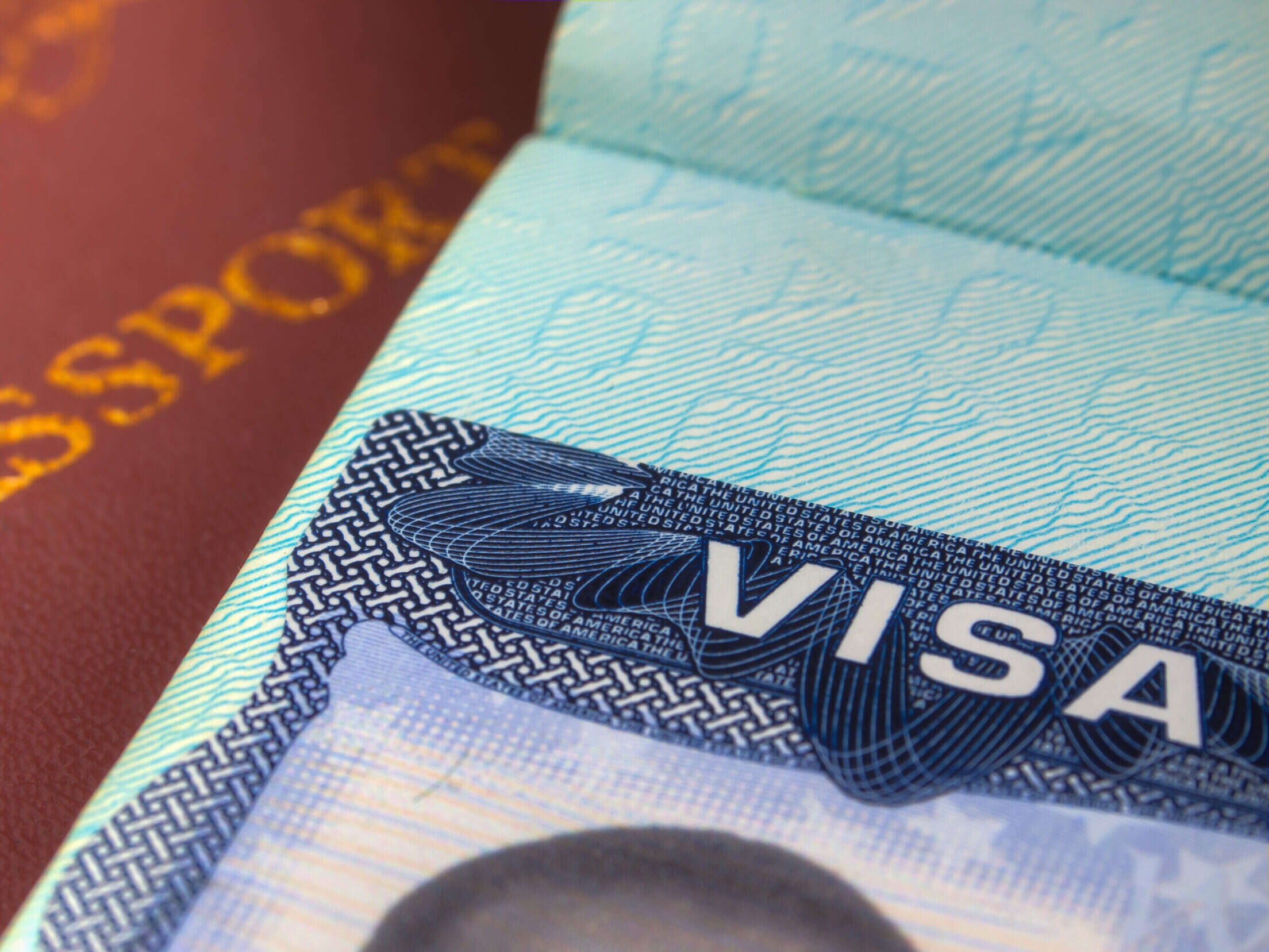
Proposals to restrict how long foreign reporters can stay in the US could pose a threat to journalists’ livelihoods and restrict press freedom, it has been claimed.
The Association of Foreign Press Correspondents in the United States (AFC-USA) also said in its response to the Department of Homeland Security’s proposals that they could put journalists from countries with poor human rights records in danger by forcing them to return home “where they risk retaliation because they’ve done critical, truthful reporting while in the States”.
Some 24 global media groups and organisations have also collectively objected to the plan, saying it is a “serious threat” to the reputation of the US for freedom of speech and as a free and open democracy.
The DHS proposals, which close for comment on Monday (26 October), would remove the framework that allows foreign correspondents to stay in the US for as long as they comply with the terms of their “I” classification visa.
Instead, they propose restrictions that will allow members of the foreign media to work in the US for up to 240 days, or about eight months, with the possibility of one extension for a maximum of a further 240 days to complete planned assignments.
AFC-USA, which represents foreign correspondents living and working in the US, questioned the motives of the “unprecedented and disruptive” proposal which it said is “hostile” to its members.
“The proposal only results in upending the lives of professional working journalists who work for foreign media,” it said.
“This proposal impedes foreign societies’ right to access to reliable firsthand information from their correspondents in America.”
AFC-USA told a consultation on the proposal that it “acknowledges and fully respects the right of the US government to protect its national security, adjust its immigration laws with priority to the interest of American citizens, and combat abuse of immigration laws in any visa category”.
“However, as far as professional, working, and credentialed foreign correspondents are concerned, changes to I Media Visa approval processes pose threats to their livelihoods and the future of press freedom within the US.”
They pointed out that working foreign journalists “do not compete with Americans for jobs” as their visas are linked to the media organisations that sponsor them, and that unless they fall into a particular category of “extraordinary, talented people” it is “almost impossible” for them to become a permanent resident with a green card.
The group said foreign correspondents cannot be considered a threat to US national security due to the level of documentation they must provide, and that it doubts the “scope, seriousness and depth” of suspected cases of abuse of the media visa system.
AFC-USA also raised concerns that the proposals “mirror” the kind that could be found in authoritarian countries with poor press freedom records, not western democracies.
“This proposal is an attack on the international press — straight from a nation that used to promote press freedom around the world,” it said.
“This comes at the time when threats to independent media are more serious and more daunting than ever. Journalists who have long represented their country’s independent media in the United States are now being forced to return to dangerous environments where they risk retaliation because they’ve done critical, truthful reporting while in the States.
“It is doubly tragic and it seems so unnecessary to put them in danger and to deny millions around the world a crucial source of independent coverage from the United States.”
The group called for a “realistic and fair” approach and made a counterproposal which would impose the fixed duration of no more than 240 days to foreign journalists intending to travel to execute a specific assignment, such as covering the US election or making a documentary.
But they said foreign journalists with a “proven long-term employment relationship with an established foreign media entity” should have the right to stay for two years with the possibility of a two-year extension.
A collective of 24 organisations, including Reuters, the Associated Press and the European Broadcasting Union which is chaired by ex-BBC director-general Tony Hall, said restricting journalists’ stays to a maximum of 480 days would “carries a substantial risk to how the US is represented globally”.
Journalists usually stay for two to five years to familiarise themselves with the country and better report on it to the rest of the world, they said.
Press freedom groups such as Reporters Without Borders have also raised warnings about the proposals, which it said come “against the broader backdrop of a deteriorating press freedom climate in the US in the run-up to the 3 November elections”.
RSF’s director of international campaigns Rebecca Vincent said: “We are concerned by this worrying proposal, which would compromise the ability of foreign journalists to uphold the freedom of the press.
“Substantive and critical press coverage is only possible if journalists are able to familiarise themselves with a country for more than just a few months.
“Visa extension decisions could be used as leverage against journalists that are deemed disagreeable, and could thus discourage journalists from coming to the US.”
The proposed rule changes would also affect international students and exchange visitors and Ken Cuccinelli, senior official performing the duties of the DHS deputy secretary, said they would be ” critical in improving program oversight mechanisms; preventing foreign adversaries from exploiting the country’s education environment; and properly enforcing and strengthening U.S. immigration laws”.
“This effort would create a fixed time period of admission for certain aliens, consistent with most other temporary visa classifications, while still allowing these aliens an opportunity to legally extend their stay or re-apply for admission where appropriate,” he said.
Picture: Shutterstock/Craig F Scott
Email pged@pressgazette.co.uk to point out mistakes, provide story tips or send in a letter for publication on our "Letters Page" blog
